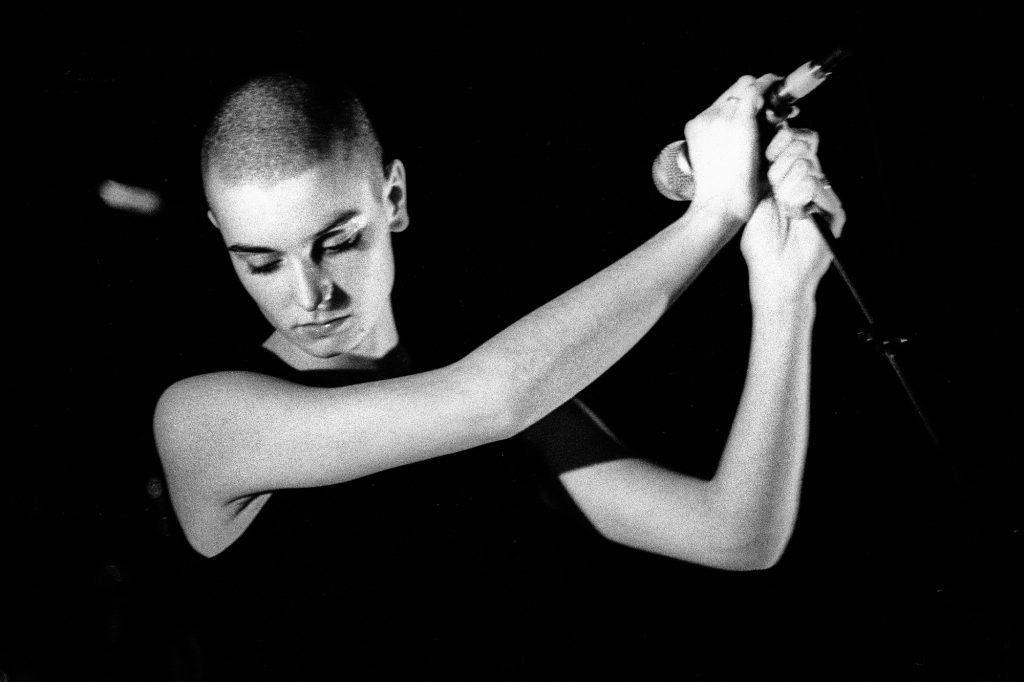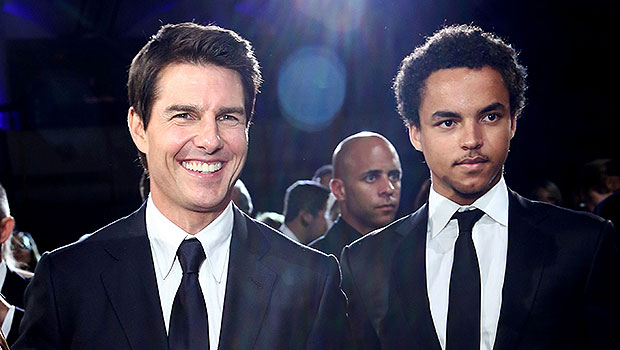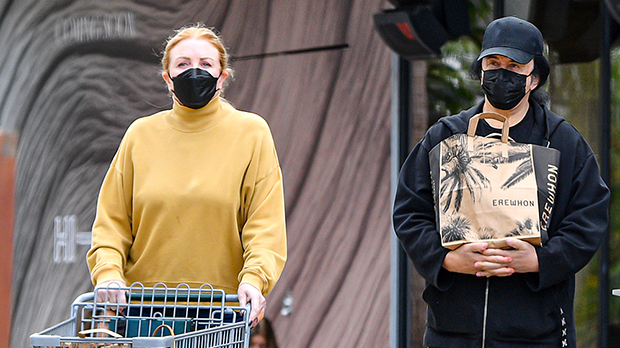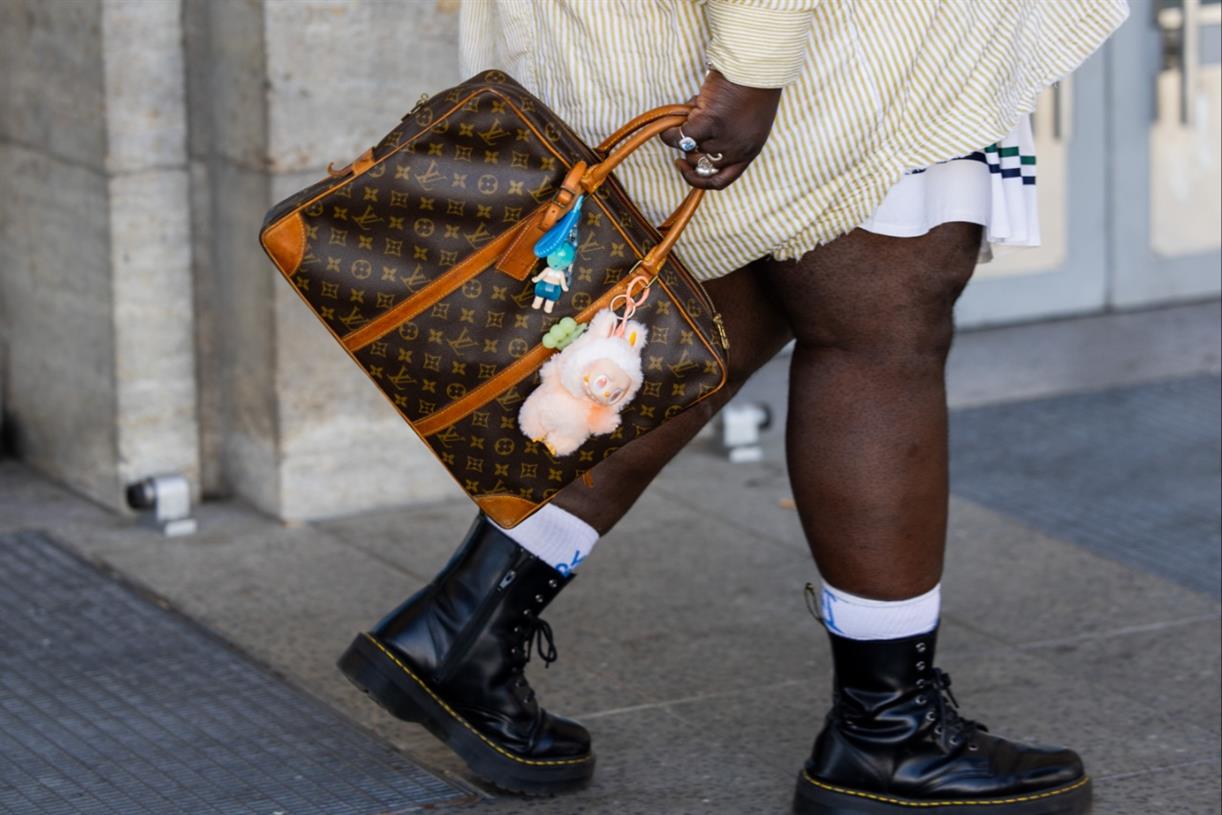Pick of the Day: “Nothing Compares”
It’s not an unusual for docs paying tribute to musical artists to begin with a performance, but I’ve never seen anything quite like the opening scene of “Nothing Compares” before. Rather than being treated to Sinéad O’Connor’s ethereal voice...

It’s not an unusual for docs paying tribute to musical artists to begin with a performance, but I’ve never seen anything quite like the opening scene of “Nothing Compares” before. Rather than being treated to Sinéad O’Connor’s ethereal voice or being shown footage of a captive, adoring audience, we are subjected to witnessing her public humiliation. After being introduced at a concert, the Irish singer comes on-stage and is booed by what appears to be tens of thousands of people. There are some cheers too, but it’s the boos that dominate. With “Nothing Compares,” a nod to O’Connor’s 1990 single “Nothing Compares 2 U,” Kathryn Ferguson charts the singer’s meteoric rise and infamous fall, telling the story of how a chart-topping popstar was essentially cancelled by conservative backlash. Long before the Dixie Chicks were told to “shut up and sing,” O’Connor was having that message rammed down her throat. The Grammy winner dared to stay true to herself by speaking up for what she believed in and paid a considerable price for it.
“I didn’t mean to be strong,” O’Connor says in the doc. “I wasn’t thinking to myself, ‘I need to be strong.’ I didn’t know I was strong.” That strength was tested time and time again. We hear about how the “Nothing Compares” singer was pressured to adopt a more conventionally feminine image to succeed in the biz, and how execs tried to manipulate her into aborting a pregnancy because she “owed it” to her record company not to have a child after they’d sunk so much money into her album. As O’Connor became more and more famous, her platform grew, and with it, her resolve only grew stronger.
The doc revisits how she spoke out against sexism and racism, as well as sexual abuse in the Catholic church, and was a fierce advocate of a person’s right to choose. Mocked for her shaved head and daring to share her opinions, O’Connor was often the subject of controversy, but her decision to tear up a photo of Pope John Paul II on “Saturday Night Live” in 1992 brought the vitriol and censorship to a whole other level. The doc makes it clear that this headline-making move was anything but a hollow publicity stunt. There was a world of hurt behind the symbolic gesture. “I loved the church,” a visibly moved O’Connor insists.
“The film looks back through a contemporary lens and asks the audience to consider our thesis that Sinead was in fact very often correct and hugely ahead of her time,” Ferguson told us. These days, Olivia Rodrigo is reminding concertgoers that “our bodies should never be in the hands of politicians.” Lizzo is drawing attention to the fact that “there’s still so many people who suffer from being marginalized systemically” and “plus-size Black women are still not getting the treatment they deserve in hospitals and from doctors and at work.” Selena Gomez is reflecting on how she was made to feel “like an object” growing up in the public eye and sharing her experiences with anxiety and depression.
Ferguson said that she hopes “Nothing Compares” will encourage audiences to see O’Connor for the “powerful trailblazer” that she is and that it “makes people angry about what she went through and what women continue to go through.” As O’Connor puts it, “I was always crazied by the media.” While women continue to be “crazied” by the media, the landscape has inarguably evolved, and the doc illustrates how O’Connor, and her brave refusal to shut up and sing, helped pave the way.
“Nothing Compares” is now in theaters and premieres on Showtime September 30.

 Fransebas
Fransebas 
































